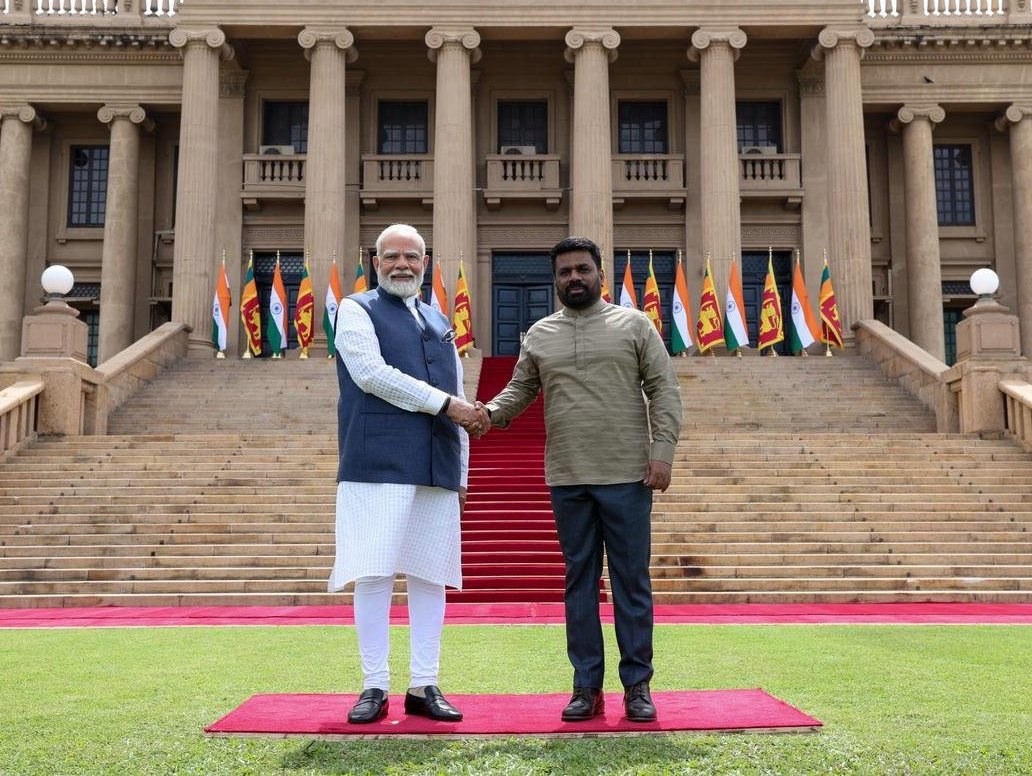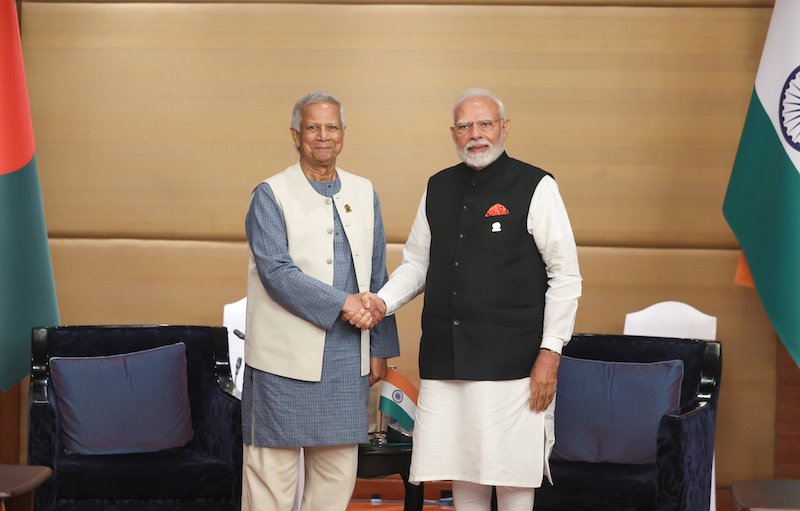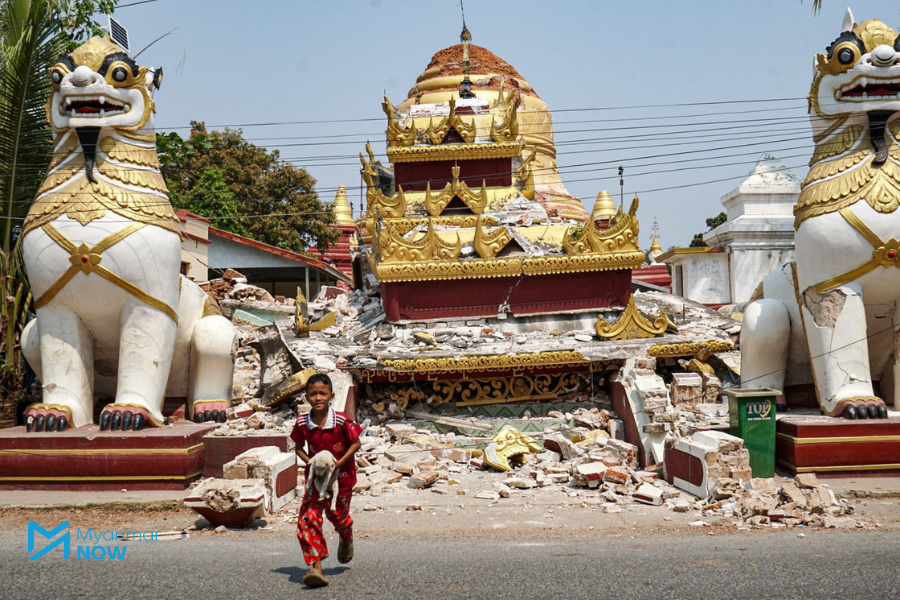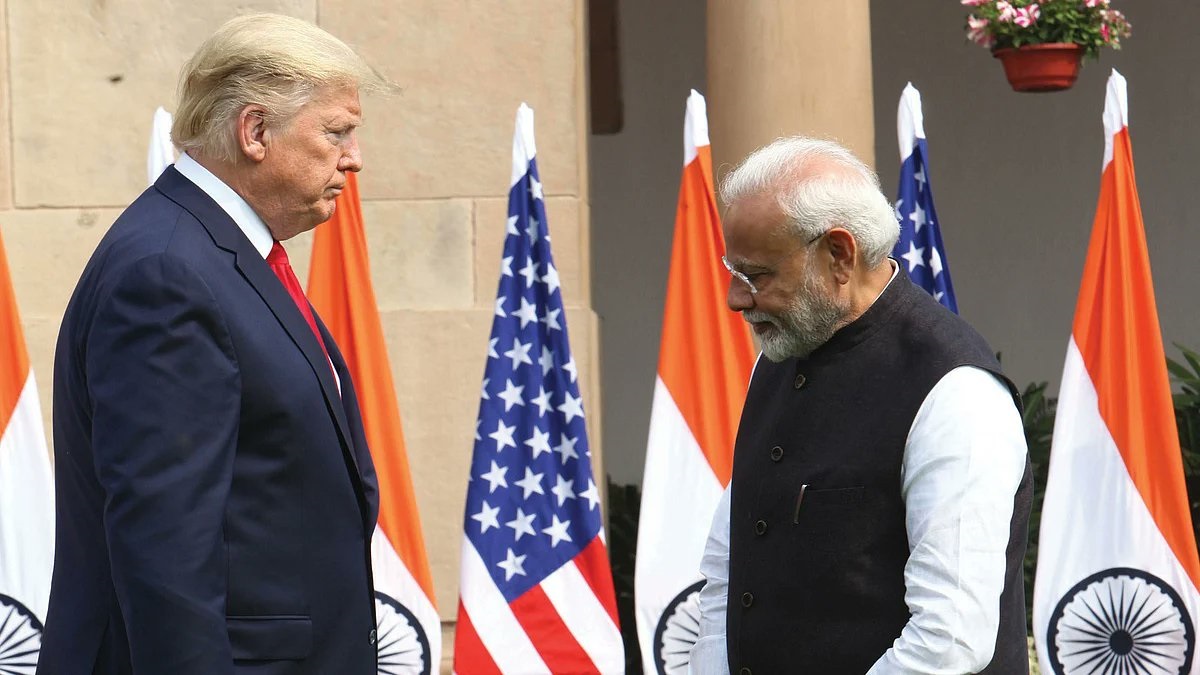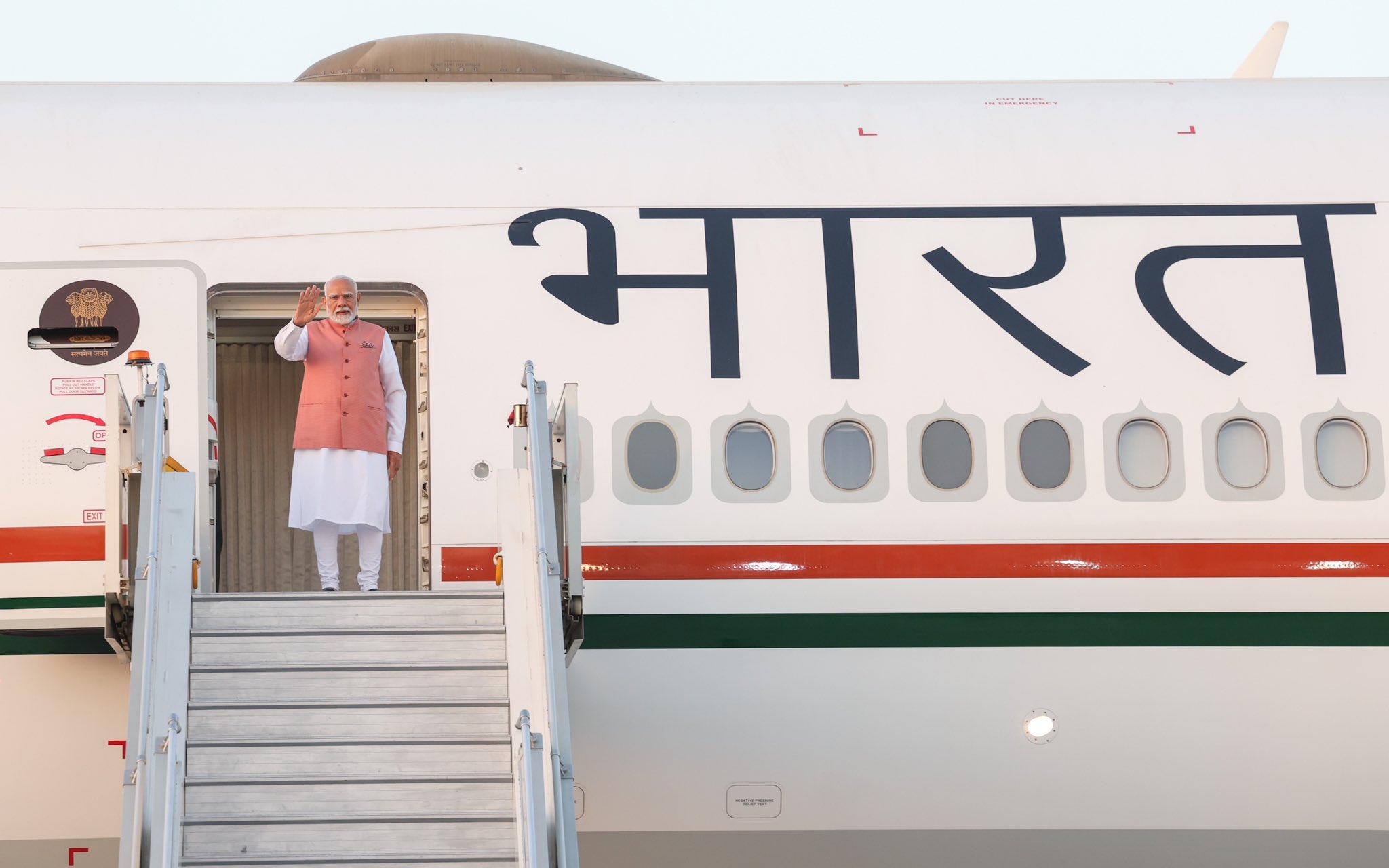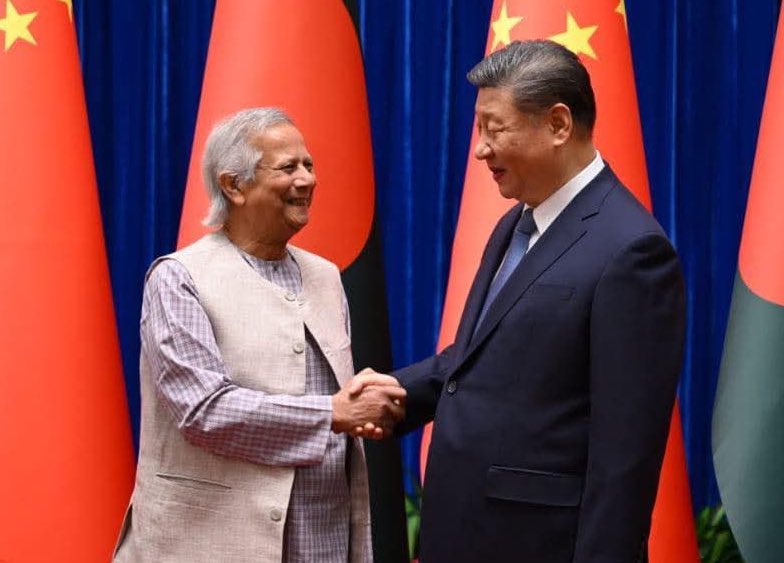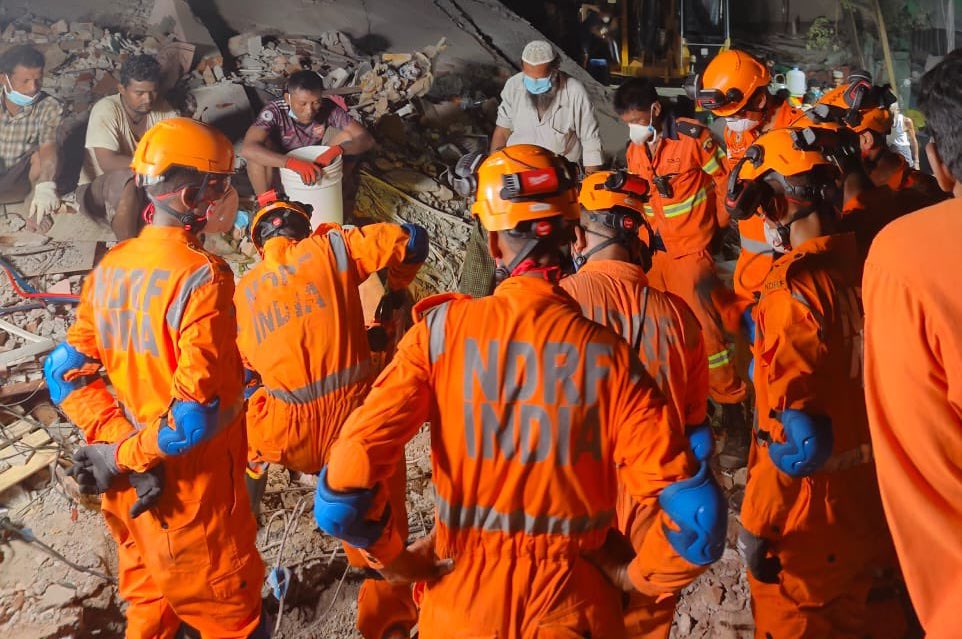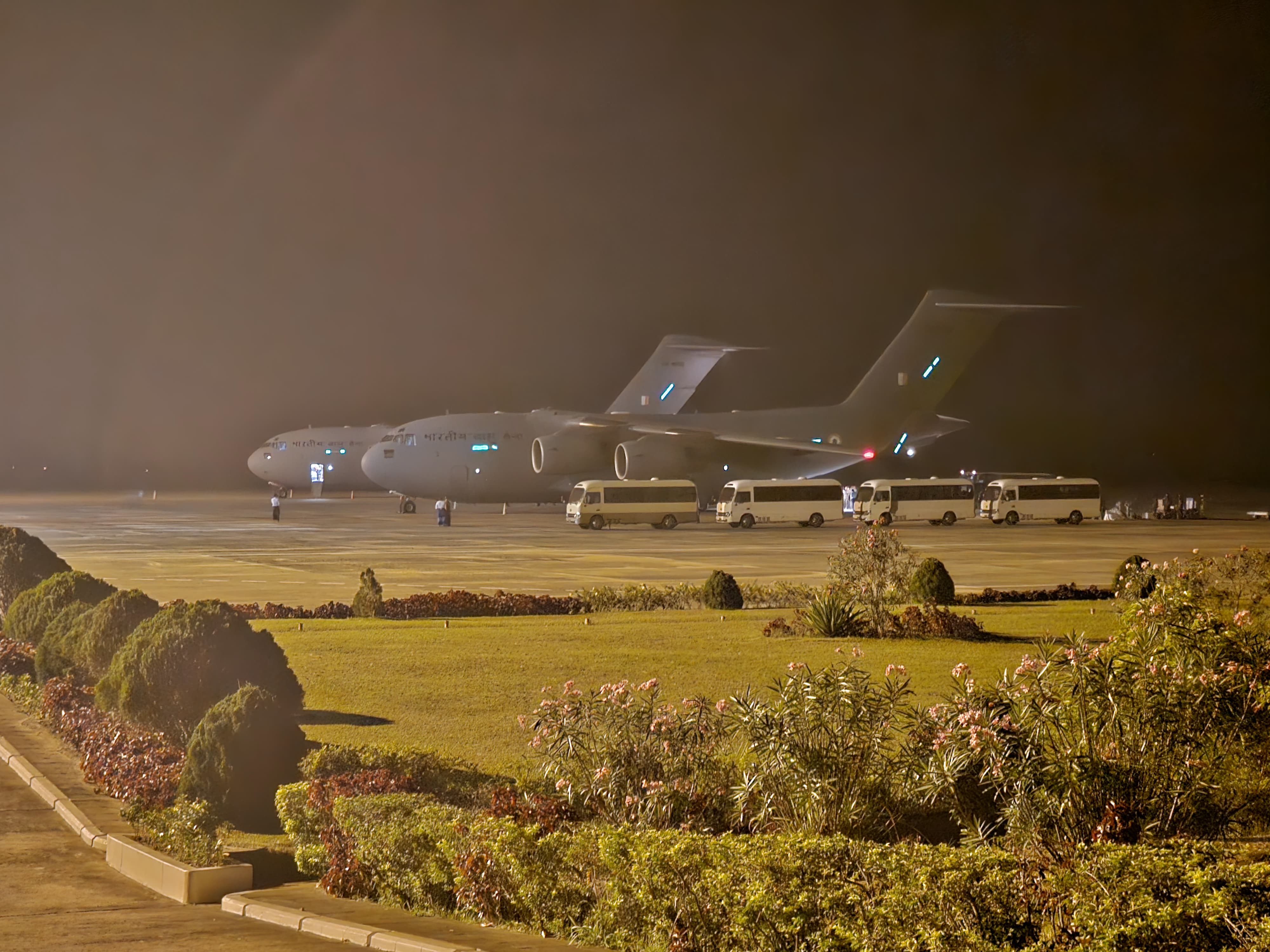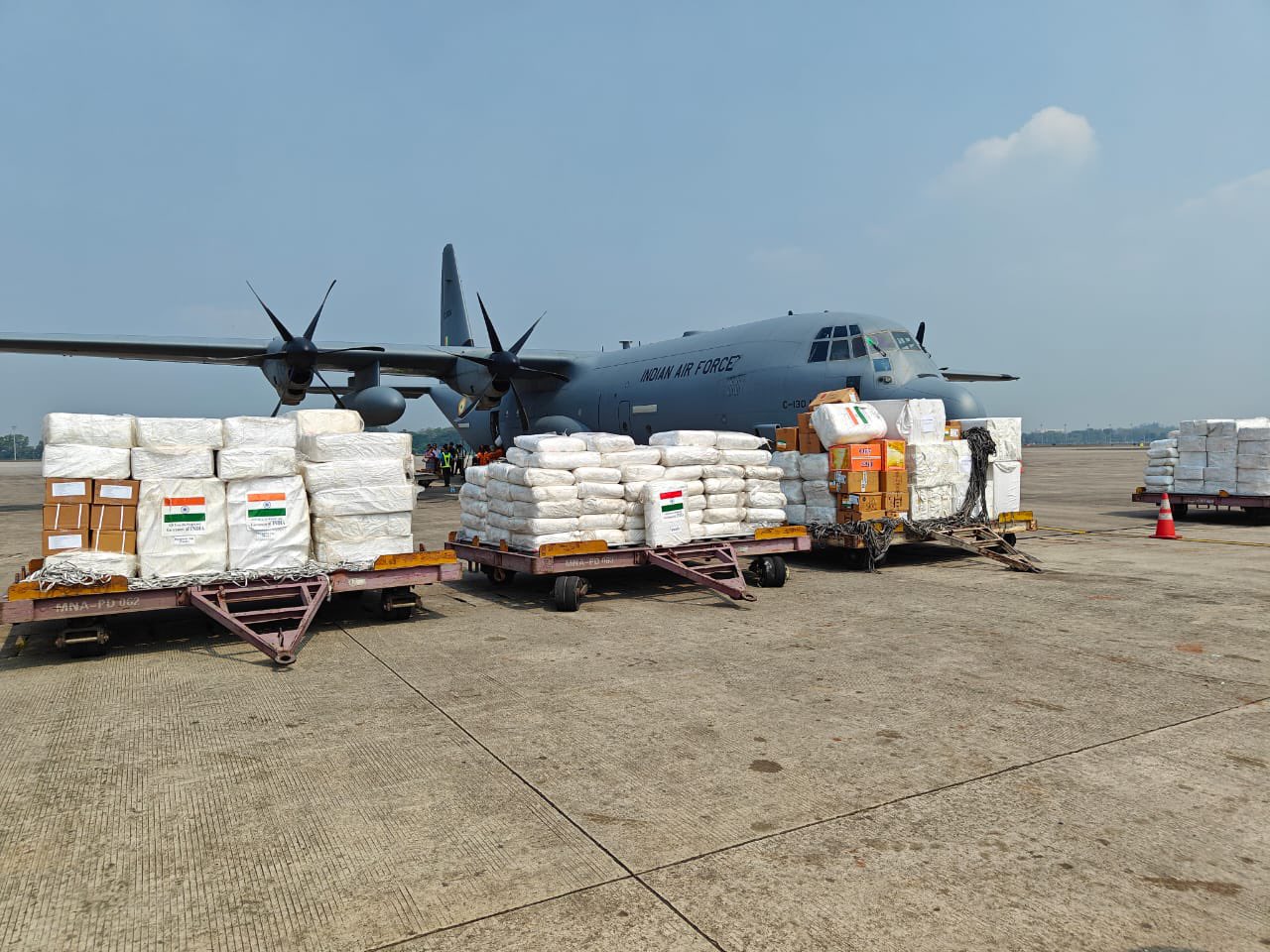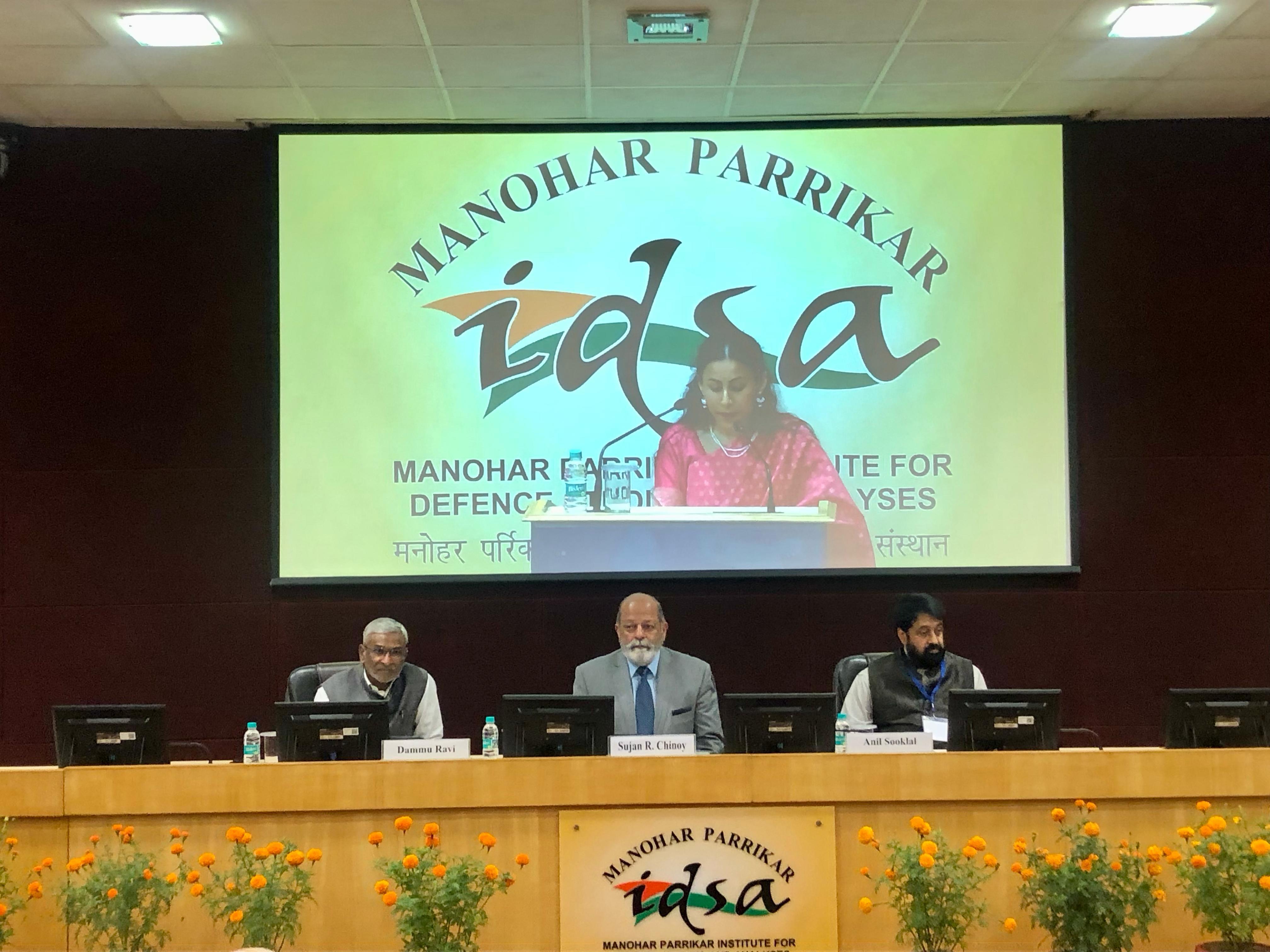
New Delhi: Stating the world will never be the same again, External affairs minister S Jaishankar on Thursday said that after Covid-19 pandemic there is need to go beyond orthodoxies, whether of trade, politics or security.
“As we come out of this pandemic, let us be clear on one fact. The world will never be the same again. That means new thinking, fresh ideas, more imagination and greater openness. We need to go beyond orthodoxies, whether of trade, politics or security,” Mr Jaishankar said while addressing the 6th Roundtable of the ASEAN-India Network of Think Tanks (AINTT).
The minister said that the impact of coronavirus pandemic has been beyond the collective imagination as the world faces an unprecedented challenge.
New thinking, fresh ideas, more imagination and greater openness.
— Dr. S. Jaishankar (@DrSJaishankar) August 20, 2020
Pleasure to address today the 6th Roundtable of the ASEAN-India Network of Think Tanks (AINTT). Emphasised the need to go beyond orthodoxies, whether in trade, politics or security. https://t.co/TUyEzmLLCl pic.twitter.com/aQ8INvs5iC
“Impact of Covid-19 has been beyond our collective imagination. Current estimates put the cumulative loss in the range of $5.8 to $8.8 trillion or approx 6.5 or 9.7 per cent of the global GDP,” Mr Jaishankar said.
“The contraction of the world economy being predicted will surely be largest since the great depression,” he added.
“World faces an unprecedented challenge. None of us has seen a crisis of this proportion before. Even after several months, the true extent of its destruction remains unclear,” the minister said.
He also spoke about the relations between India and the Association of Southeast Asian Nations (ASEAN) and underlined the need for the international community to work together much more sincerely in search of collective solutions.
“The contemporary relationship between India and the ASEAN was founded very much on our shared interest in globalization. In Asia at least, the ASEAN were pioneers of that process and helped bring India into it. But as it comes under stress today, we need to go beyond its economic and even social definitions,” the minister said.
“But as it comes under stress today, we need to go beyond its economic and even social definitions. Globalization may be reflected as trade, travel and financial flows. But in reality, it is something very much larger,” he added.
Speaking about the multilateralism, he said when it was most in demand, it did not rise to the occasion. “If we saw little leadership, it was not just due to the admittedly anachronistic nature of key international organizations. Equally, it reflected the intensely competitive nature of current international politics.”

